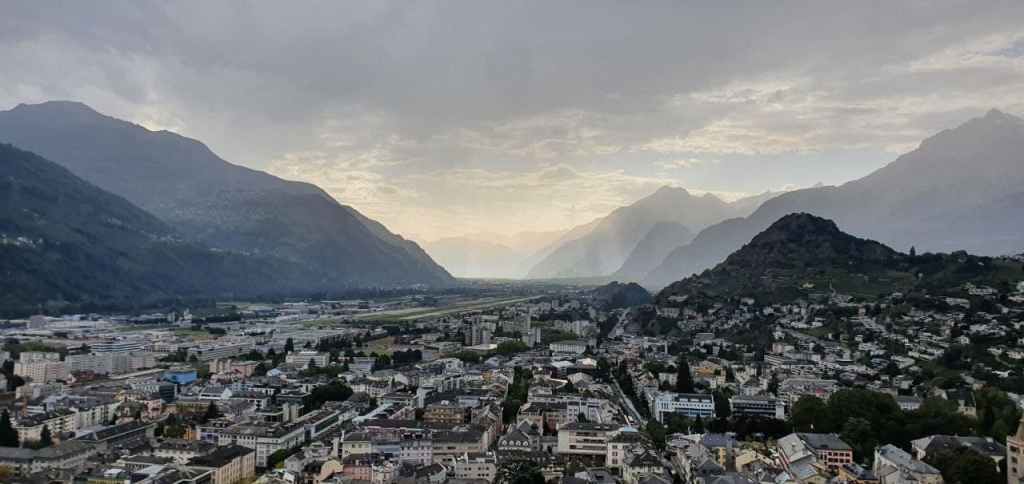This summer turned out to be quite a story, and good stories usually have a running theme. This time, such a theme was scale.
Throughout my internship, I contributed to the PhD project of one of the lab members – and unlike all my prior projects, doctoral research takes years to complete. Having done a lot of exciting – such as devising new assays to image the synthesis of protein from the RNA template in human cells, using machine learning to interpret the experimental data, and more – I could still see this was just the beginning of the road. The actual scale of the effort required in scientific research may be a bit intimidating, but it also means there is so much more to discover and learn than it seems!

Then, there was the scale of the world around me. Mile-high mountains, millennia-old cities, castles and churches – Switzerland never ceased to amaze me with its numerous wonders that sometimes feel larger-than-life yet never crushing or oppressing. It may be just the opposite: the comfort of knowing that these titanic works of nature and humankind will exist way beyond our current hassles might be exactly what many of us need in these turbulent times.
An even better story usually has subplots, too – and my favourite one was people. The entire Naef Lab crew was extremely welcoming and helpful, guiding me through the tricky steps This being my first time doing research outside my university, the Research Internship experience has really helped me overcome my reservations about coming to work in a new environment and a new country. Now, I feel much more confident about trying new experiences and sending out PhD applications to several labs across the world – among which, for sure, are some at EPFL. Moreover, meeting other students from the programme and being exposed to so many unique perspectives was just as crucial to opening up my mind.
P.S. As a final argument for the thematic consistency of my internship, I should state that I also used analytical scales to weigh out some chemicals – see, it all checks out!
Kirill Sechkar, Imperial College London
Naef Lab